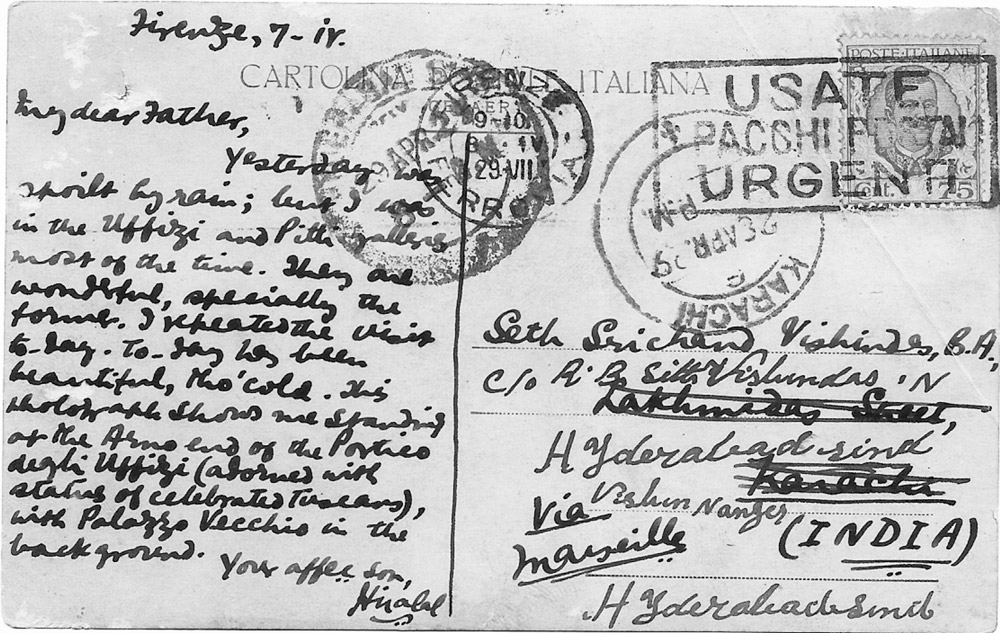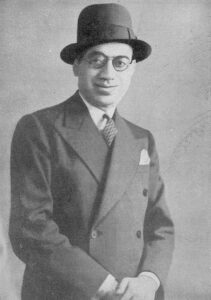
About My Sindh
Home is a place where your heart belongs. It’s a place where you find peace and comfort: your haven in the heartless world. When a home is lost – snatched away abruptly – wounds form, and those wounds are passed on down the generations, manifesting in different ways.
Read this book, and heal a little!
Shakuntala Bharvani was a baby when her family fled Sindh in 1947, and she has never been back. And yet, her deep connection with her ancestral homeland has resulted in a series of explorations of the mind and heart. Through this journey, you will encounter charming stories about historical facts that contributed to making you who you are. Through her wit and insights, you will enjoy absorbing essential aspects of your lost culture. Some of what you read will surely be familiar. And, as things begin to fall in place, you will come a step closer to understanding who you are – a step closer to home.
About Shakuntala Bharvani
Shakuntala Bharvani was a Visiting Fulbright Teacher to the USA in 2001. Her novel Lost Directions (1996) was published by Orient Longman. The Law and Literature (Himalaya Publishers, 2002), edited by her, has been a prescribed text for students of Law of Bombay University for over a decade. Nissim Ezekiel, the Poet: A Monograph (2004) was commissioned by the Sahitya Akademi.


